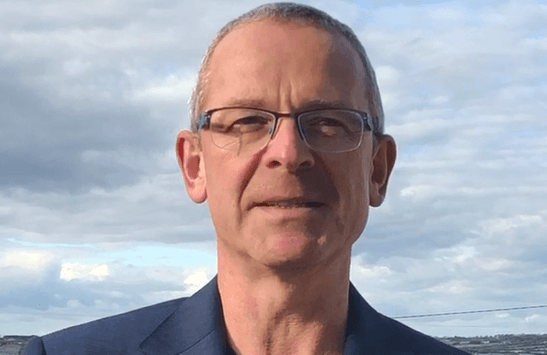The Mobile World Conference held in Barcelona from February 27 to March 2, 2023, brought together world leaders in mobile and telecommunications to showcase their product developments and discuss the future of technology.
Economy Middle East met with Kevin Murphy, Vice President and Head of Customer Unit, Levant Countries, Middle East and Africa at Ericsson. It was an opportunity to discover how Ericsson is giving operators the possibility to rethink their business and address untapped value chains.
How is Mobile World Congress going in Barcelona and what are some key technologies that Ericsson is featuring here?
The energy was up as soon as the Mobile World Congress in Barcelona started. There are great innovations on show but the primary focus for Ericsson this year is how to monetize 5G, particularly for our operators. We’re also demonstrating advancements in technology, by highlighting sustainability and other developments to drive up efficiency while keeping costs down. We’re also particularly excited about the Vonage acquisition which we announced last year to support our strategy to leverage technology leadership to grow our mobile network business and expand further into enterprise.
Let’s talk about the landscape of 5G and how this technology will be indispensable in our lives moving forward
Absolutely, and it’s already becoming indispensable in some of the more developed markets. We’re just off the back of executing a successful sports event in Qatar as the first 5G-enabled event. The experiences were just outstanding, and, in my opinion, it redefined how sporting events and large attendance events are going to run moving forward. When I talk about connectivity you must think of all connected things including the metaverse which are all beginning to merge. And the fundamental question for operators is how to drive revenue and profitability. This is why operators are opening up 5G networks to application developers. The exposure of advanced 5G functionality through common application programming interfaces (APIs) will enable operators to leverage new ways to monetize 5G and to quickly deliver new services on a global scale with speed.
Any key technological advancements and exciting things that Ericsson is working on?
Well, there are new radio products that are out, and while they may not be very interesting for consumers, they are for operators. One example of technology breakthrough is the energy-saving triple-band Radio 4485 which allows operators to continue to deliver on their customer promise using products that are smaller, lighter, and even more energy efficient. Radio 4485 delivers 50 percent reduced embodied carbon footprint and more than 20 percent energy savings vs. comparable radios.
You mentioned sustainability a few times. How does 5G aid sustainability?
5G, by design, is a much more efficient technology, so the amount of energy used to transport a bit of data is vastly lower than legacy technologies. There is also software that is enabled in 5G systems which allows systems to turn off power consumption at different times. I’m also happy to share that Ericsson was very recently named No.1 in the ABI (Research Sustainability) report, which is a great achievement for this company. We’re very proud to be in that position as we place sustainability at the very core of our business. Our goal is to shape the future through digitalization and minimize negative effects on the environment. Every step we take in achieving that goal is guided by a circular economy approach. With our initiatives, we help protect the environment and work towards a Net Zero ambition. By 2040, we aim to achieve Net Zero greenhouse gas emission across the value chain. It is a challenging ambition, but one that we can achieve together with our customers. Our aim is to realize a significant milestone in 2030 – being Net Zero in our own activities and reducing emissions in the supply chain and portfolio by 50%.








